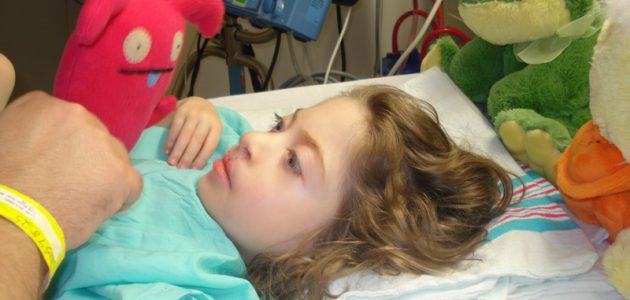PTSD or Post-Traumatic Stress Disorder is a rather common condition among children and teens and there are few adults who wish to believe. The data compiled at the National Child Traumatic Stress Network showed that a considerable number of children have already been exposed to trauma which was left untreated and which developed into PTSD. How can older adults and parents assist teens and children who are living with untreated and undiagnosed PTSD to find out what they need?
The secret is that there are various things you should know about PTSD before you decide to help someone, whether a teen or a child. The foremost step to take is to understand the symptoms of PTSD as they are the same for toddlers and babies. Here are few symptoms that you should be aware of.
#1: Flashbacks
Once they develop the skills of language, children may start describing the intrusive and unanticipated thoughts on the initial trauma. This is more common within the initial few weeks of the trauma and these thoughts will continue long after that period of time and these are symptoms of PTSD.
#2: Not accepting an event
Children who are old enough to remember things clearly about a traumatic occurence will deny the event totally. They would prefer burying the pain within themselves than accepting the reality of the trauma that they went through. As these feelings are all left unprocessed and untreated, the painful mental wounds gradually develop into PTSD. The sooner children get treated with this, the better for them.
#3: Physical reaction
When you remind the child of this initial trauma, the older ones can complain of suffering from vague illnesses like headaches and stomach-aches. Don’t think that this pain in fake as it is totally true but the reasons can remain undiagnosed. Adults may think that the pain is all in the head but this is a rather big symptom of PTSD.
#4: Getting startled easily
Depending on the kind of trauma which you experience, children can jump high whenever they hear loud noises or they can even become skittish during situations which are in some way similar to the initial trauma. Children who suffered from physical abuse will also feel hesitated whenever there is an adult hand which comes near him/her.
Therefore, if you’re wondering about the symptoms to be aware of among children who suffer from PTSD, you can take into account the above mentioned ones.






